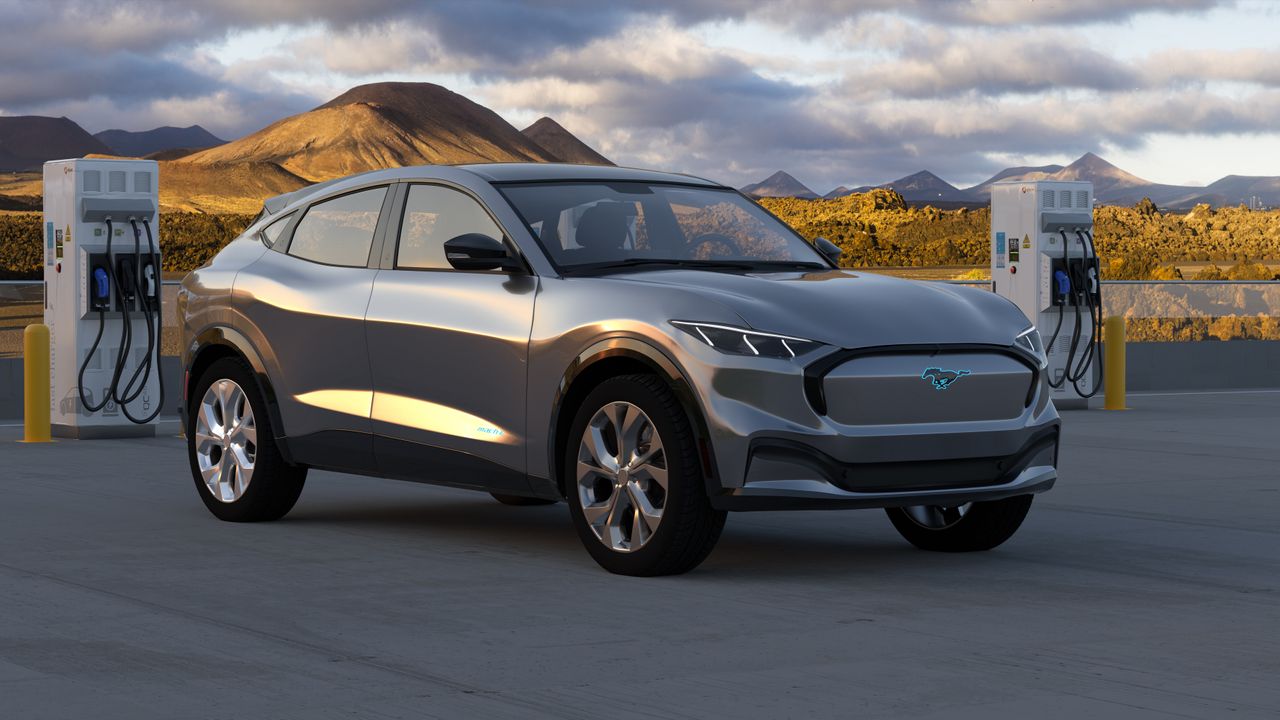Revolutionizing the Road: The Future of Autonomous Driving and Electric Cars
Welcome to the era of driverless technology and vehicle automation! The automotive industry is undergoing a major transformation, with autonomous driving and electric cars taking center stage. These innovative technologies are not only reshaping the way we commute but also revolutionizing the future of transportation.
Autonomous Driving: A Game-Changer
Imagine sitting behind the wheel of your car, but without the need to actually drive. That’s the promise of autonomous driving. With the advent of advanced sensors, artificial intelligence, and machine learning algorithms, vehicles are becoming increasingly capable of navigating the roads without human intervention.
Autonomous driving brings a multitude of benefits. Firstly, it enhances safety on the roads. Human error is responsible for the majority of accidents, but with autonomous vehicles, the risk of accidents due to distracted driving or fatigue is significantly reduced. Moreover, these vehicles are equipped with sophisticated sensors that can detect and respond to potential hazards much faster than a human driver ever could.
Secondly, autonomous driving offers improved traffic efficiency. With interconnected vehicles communicating with each other, traffic flow can be optimized, reducing congestion and travel times. This not only saves time for commuters but also reduces carbon emissions, making our cities cleaner and greener.
Electric Cars: Driving Towards Sustainability
While autonomous driving is transforming the way we travel, electric cars are revolutionizing the way we power our vehicles. With concerns about climate change and the need to reduce our dependence on fossil fuels, electric cars have emerged as a sustainable alternative to traditional gasoline-powered vehicles.
Electric cars are powered by rechargeable batteries, eliminating the need for gasoline or diesel. By transitioning to electric vehicles, we can significantly reduce greenhouse gas emissions and combat air pollution. Additionally, electric cars are quieter and produce less noise pollution, creating a more peaceful and enjoyable driving experience.
Furthermore, the advancements in battery technology have addressed the issue of limited range. Modern electric cars can now travel longer distances on a single charge, making them a viable option for both daily commutes and long road trips.
Autonomous Vehicle Testing: Paving the Way for the Future
Before autonomous driving becomes a widespread reality, extensive testing is required to ensure the safety and reliability of these vehicles. Autonomous vehicle testing involves rigorous trials on closed tracks and public roads to assess their performance in various real-world scenarios.
Companies like Tesla, Waymo, and Uber are at the forefront of autonomous vehicle testing. They are continuously refining their technologies, collecting vast amounts of data, and improving the algorithms that power these vehicles. This iterative process is crucial in perfecting the autonomous driving experience and gaining public trust.
Regulatory bodies and governments around the world are also actively involved in establishing guidelines and regulations for autonomous vehicle testing. They aim to strike a balance between innovation and safety, ensuring that these technologies are deployed responsibly and with the utmost consideration for public well-being.
The Road Ahead
The future of transportation is undoubtedly exciting. Autonomous driving and electric cars are set to transform our cities, making them safer, more efficient, and environmentally friendly. As technology continues to advance, we can expect to see more autonomous vehicles on our roads and a significant shift towards electric vehicles.
However, it’s important to remember that this transformation will take time. The integration of autonomous driving and electric cars into our society requires careful planning, collaboration, and public acceptance. But with each passing day, we are one step closer to a future where our vehicles will not only drive themselves but also contribute to a cleaner and more sustainable world.
